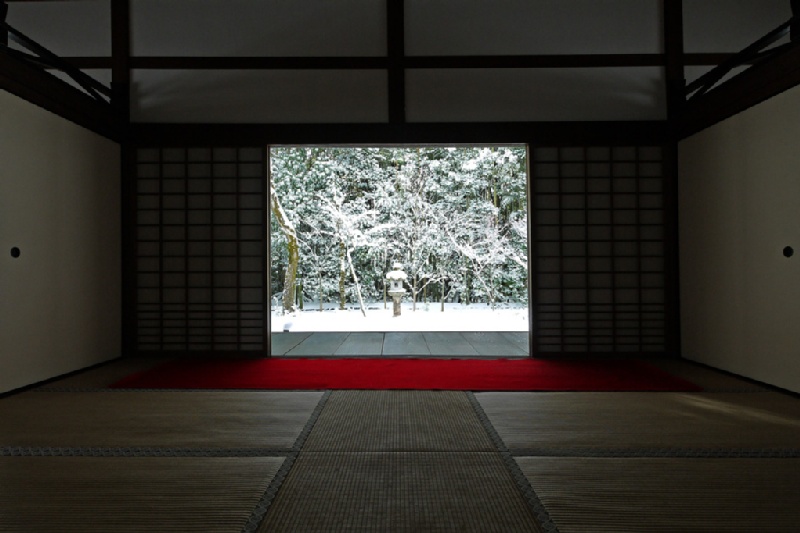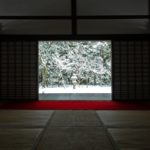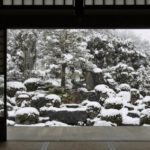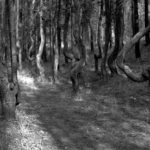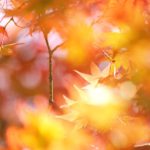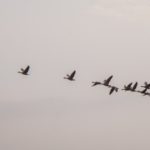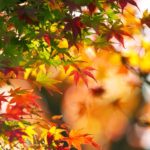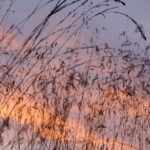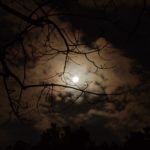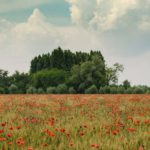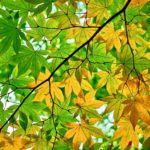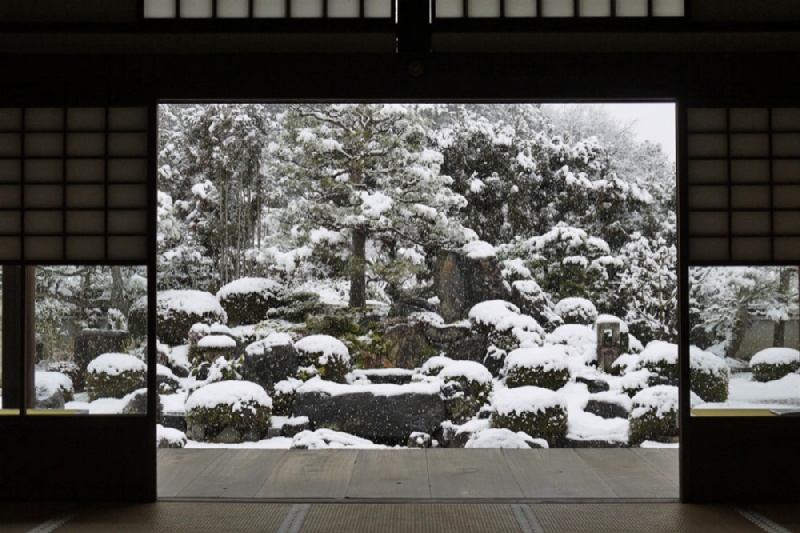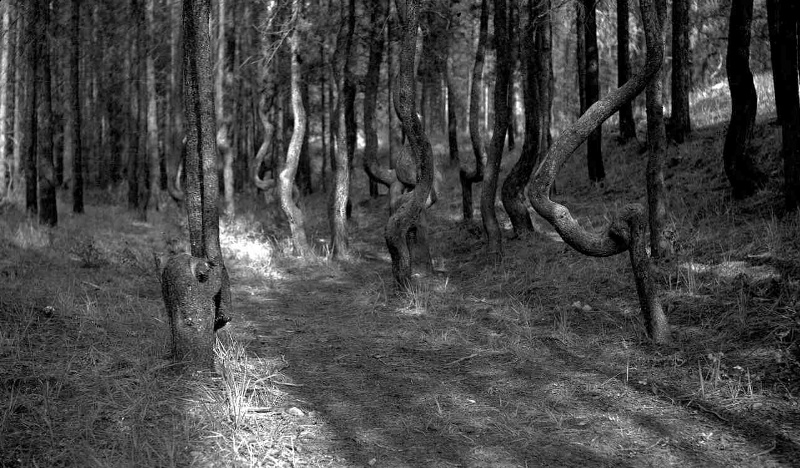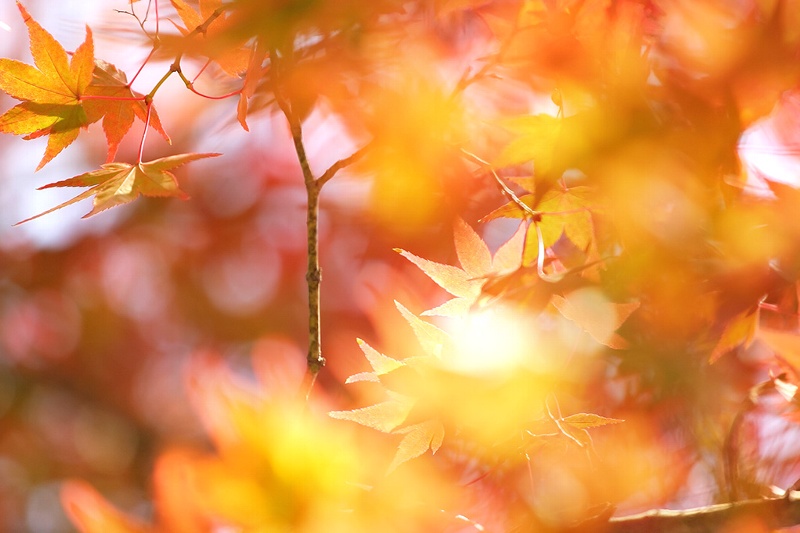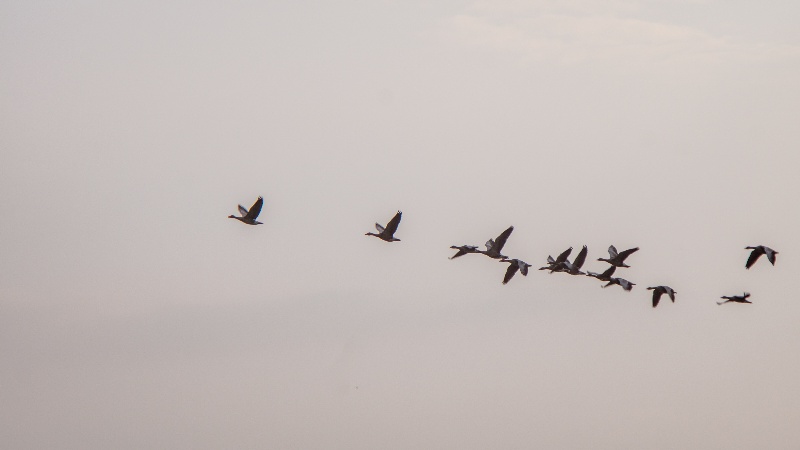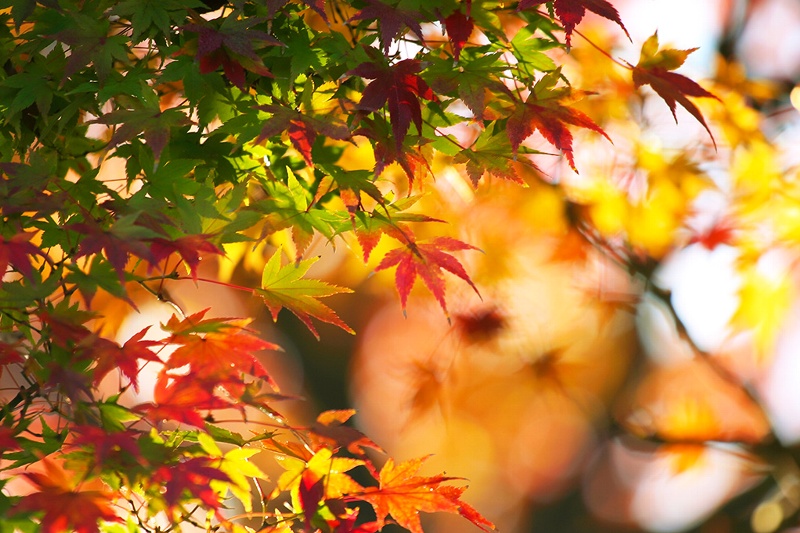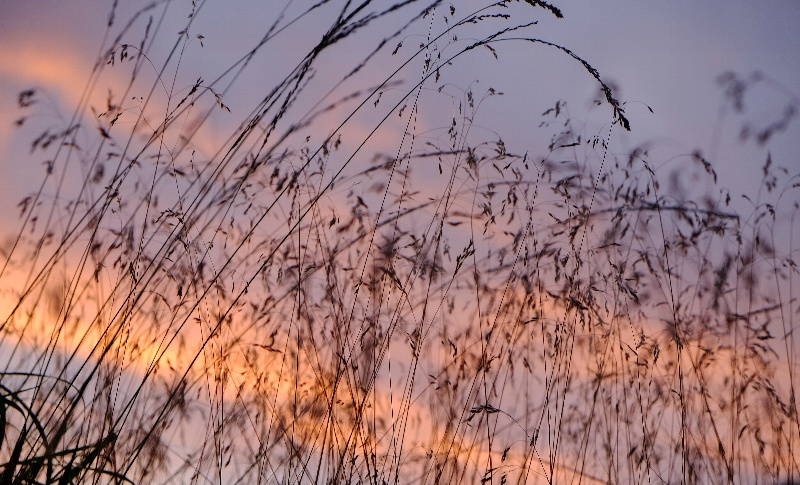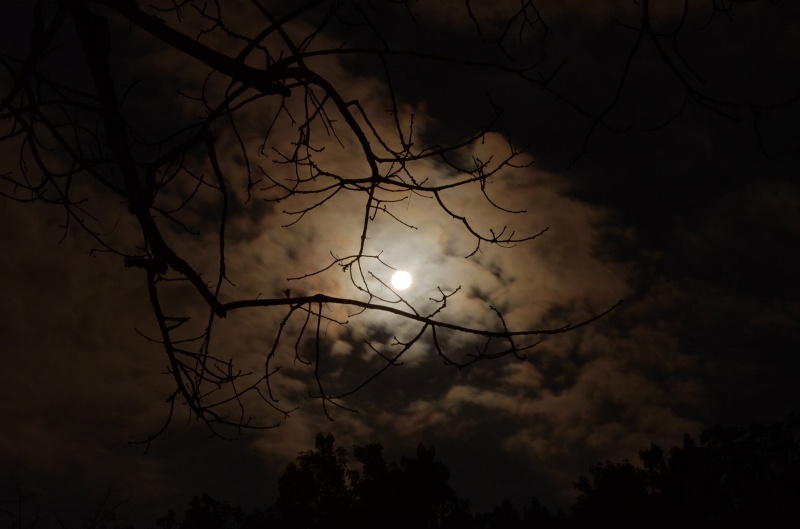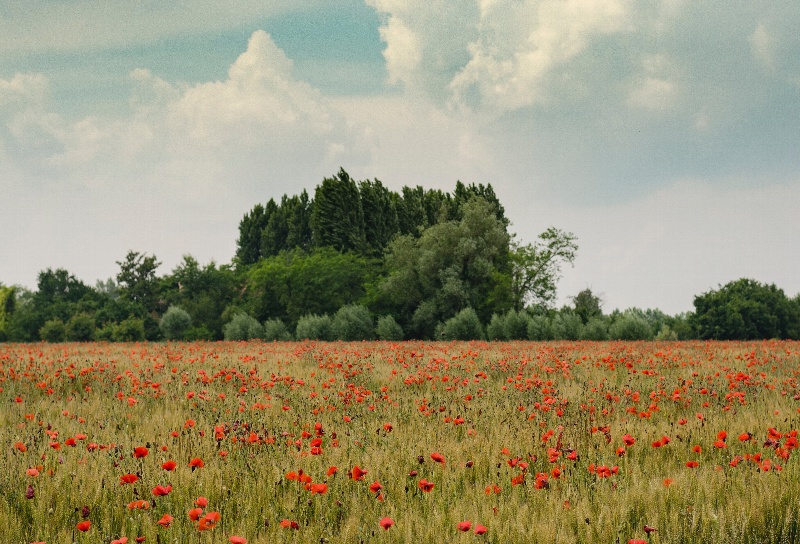When snow carpets the ground, your lives seem shut off from the rest of the world. No one dares to visit you in the mountains. Having no contact with the outside world, you seem like inexistent. Here is a short poem from Kokinshu, another old anthology dating back to the 10th century, describing that kind of sentiment.
雪に一面覆われると、特に人里離れて暮らしていれば、世界から隔絶されたような感覚になります。外界とのつながりを失い、自分が存在すらしていないような感覚に陥ります。その感覚を詠った和歌を、古今集から紹介します。
雪降りて 人もかよはぬ 道なれや あとはかもなく 思ひ消ゆらむ
ゆきふりて ひともかよはぬ みちなれや
あとはかもなく おもひきゆらむThe snow-covered garden, with no prints or dots
On the front path leading to my place
There is hardly a trace left of my thoughts
When snow shields you from access, you feel like your existence gets muted, blanketed and swept away. You eat and sleep but your life seem to have nothing to do with affairs other people concern themselves with. Even your thoughts get scattered in the silence and lose a tie to what you have been through.
雪によって外界から遮断され、自分の存在の音が消され、隠され、隔絶されたように感じる様子が詠われています。生活はしているが、外界の営みとの関係を失っていく。考えや思いといったものも、静けさの中で消え入るように思え、自分を失っていく。
We place relationships at the center of human existence and are expected to interact with the world — be present. However, solitary activities do help deepen our connection to our own life.
わたしたちは、ひととの関係を存在の中心に据え、外界との関わりを持つことを期待されています。それが、「存在している」ことの証明だと。しかし、孤独な営みは自分自身との関係を築くことを助けてくれます。
Snow provides us with a mental cushion from the external stimulation, and some space we need to reflect. As invisible to others as they are, you can incubate the ideas, reconnecting ourselves with our experiences and desires. Let the silence settle.
雪が、心のクッション、外界刺激に対する緩衝剤、自分に向き合うための余裕を与えてくれます。他人には見えませんが、様々な思いは自分の中で孵化し、経験や願いといったものを思い返すのです。静けさは降り積もっていくもの。焦る必要はありません。
